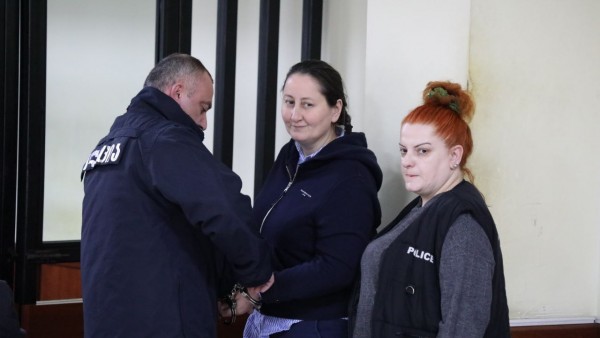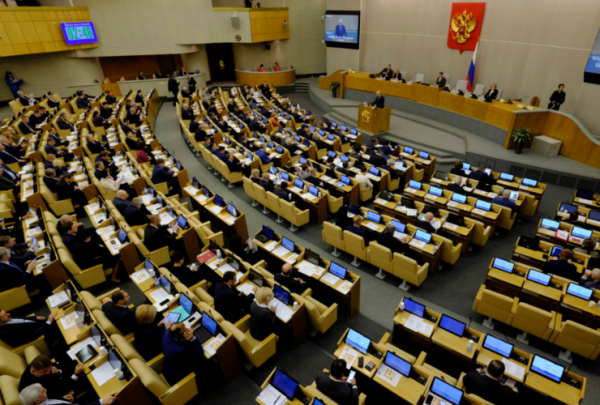IPI Deputy Director, Alison Bethel McKenzie, recently sat down with award-winning, Hungarian investigative journalist Tamás Bodoky at the first-annual South East Europe Media Organization “Investigative Journalism Days” in Montenegro. Bodoky, author of Trespasses, sat down with IPI to discuss self censorship, corruption in Hungary and the government’s role in helping the media to expose corruption.
IPI: What are the biggest challenges in Hungary for investigative journalists?
TB: The Hungarian media system does not benefit investigative journalism. Due to economical and political concerns, investigative journalists face censorship and self-censorship even inside their own media companies.
The Hungarian media system, including publicly-owned media is very political; scandals tend to break out and evolve only if they serve some major political shareholders’ interests. Commercial media avoid confronting big business or big politics; the only goal is profitability, which can be better served by infotainment and tabloid content. The lack of government transparency, and administrative or bureaucratic restrictions on freedom of information are problems as well, though access to government data can be obtained by the means of lawsuits.
At the same time, investigative journalists often face lawsuits for libel and defamation, which can result in high fines, something media companies try to avoid by means of self censorship.
IPI: What can be done to improve the skills of investigative journalists in the region?
TB: Trainings and seminars are useful, but the main problem is the lack of channels to finance and put out investigative content, that Hungarian media companies won’t. We have some NGOs and foundations encouraging investigative journalism, but the lack of sources and channels limit the impact of the results.
IPI: What role does corruption play in the ability for you to do your job?
TB: Corruption is very widespread in Hungary. I did several articles on corruption-related topics. At the same time, corrupt companies or individuals tend to bribe media companies as well, which hindered my work in some cases.
IPI: Should government play a role in helping the media to be able to investigate corruption? What role should they play (creating freedom of information laws, prosecuting those who threaten journalists …?)
TB: Yes, definitely, government should encourage this type of journalism, because it is a kind of public service, not a profit oriented business. They should create laws, or even subsidize investigative content, in order to have the media perform its watchdog role, which is deteriorating nowadays.


